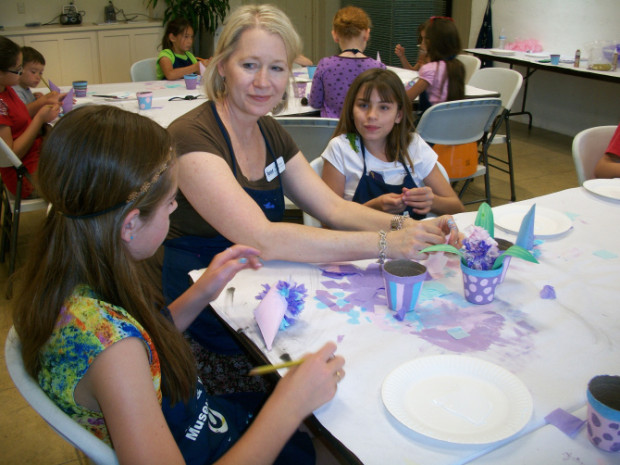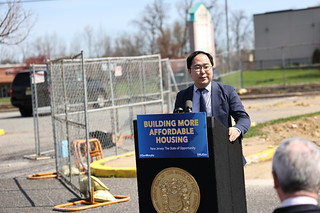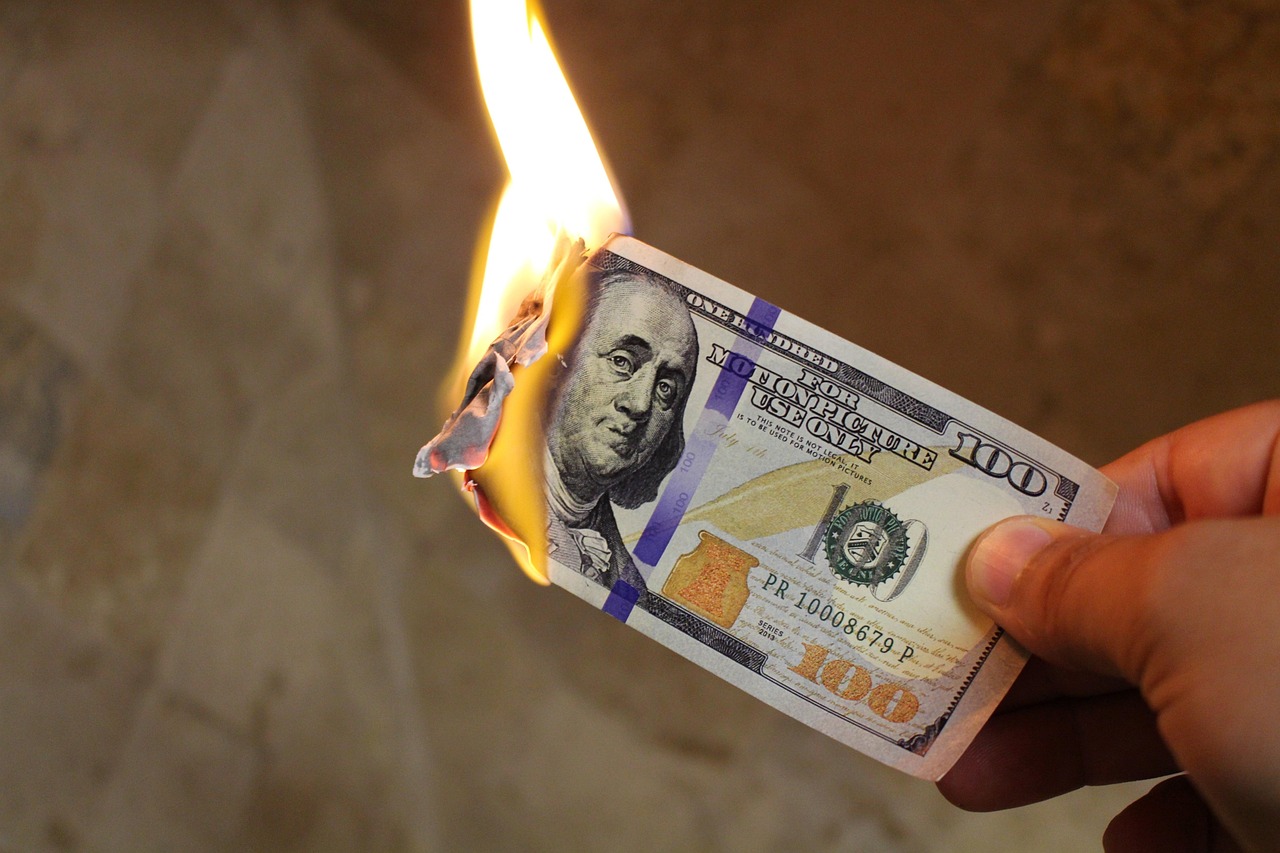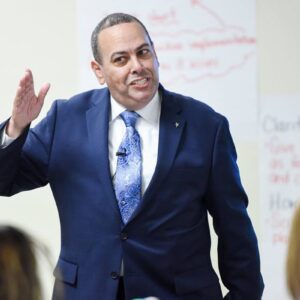
Mark Weber, Bruce Baker, and Thomas Jefferson
January 10, 2018
If We’re Really About Leveling the Academic Playing Field, We Need to Prioritize the Arts
January 12, 2018GETTING REAL ABOUT EDUCATION: A Conversation With Black Parents, Teachers and Students
My colleague and friend Ikhlas Saleem writes,
What happens when you get Black teachers, parents and students in a room with no talking points, no filter, just honest conversation? Well, as a Black baby raised in the ’90s would say, “it got real.”
We recently invited more than 40 participants to share the joys and frustrations of being Black in America’s public schools. Their conversations were moderated by a few education advocates we invited from around the country.
I’m a big believer in taking the conversations that happen behind closed doors and letting everyone else in on the real scoop. It’s the only for-sure way to know what people are really thinking and why they do the things they do. So, with the consent of the participants, we just let the cameras roll. We weren’t sure what we’d get, but we knew it would be, well, real.
Below is a series of short videos based on the themes we heard over and over again in all three groups:
Take a moment to watch the videos and find out what Black parents, teachers and students really think about their public schools. You can also download the entire conversations and transcripts at the bottom of this page.
THE BELIEF GAP
Imagine being told, your kind won’t amount to anything.
When we fail to believe in the potential of students simply because of their skin color or income level, it’s called the belief gap. In every group of participants—teachers, parents and students—this concept was painfully familiar.
FINDING THE RIGHT SCHOOL
Some Black families go through some pretty insane experiences before they finally find the right school for their kid.
Hear from a parent who has gone through seven or eight schools before finding the right one. A parent who moved into a studio apartment in another neighborhood just so their kid could attend school. The fear of not knowing whether your child was on track for passing third grade.
ROLE MODELS
Black teachers know what they’re signing up for when they enter a classroom. It goes beyond simply spouting information at students throughout the day. Teachers told us that they contemplate every part of themselves—their wardrobe, the words that leave their mouths, their belief in what their students are capable of—in order to be the best role models possible for the kids in their care.
BLACK TEACHERS
You don’t have to tell Black teachers how rare it is to see another teacher of color in their schools. They know all too well. More than 80 percent of America’s public school teachers are White, yet these students said that when they see a Black teacher—or many Black teachers—in one building, it changes their world.
SCHOOL DISCIPLINE
Many schools in urban environments have found success with stricter discipline and so-called “no excuses” policies. Not only did parents and teachers tell us they generally favored this approach—so did the students.
PARENT RESPONSIBILITY
Participants emphasized that parents need to be involved in their child’s education, but many are not—and it’s not because they don’t care. They talked of parents who feel unwelcome in the school building, and of parents who feel the teachers and school leaders pass judgment on them.
DOWNLOAD FULL CONVERSATIONS
This video series was filmed on Saturday, August 26, 2017. We invited more than 40 Black teachers, parents and high school students to Chicago Women’s Park & Gardens to talk about their experiences in public schools. Full video footage and transcripts are available for download below.
One-on-one interviews with participants
Conversation with parents
Conversation with students
Conversation with teachers
Transcript: Conversation with teachers
Transcript: Conversation with parents
Transcript: Conversation with students
Transcript: Individual parent interviews
Transcript: Individual teacher interviews




